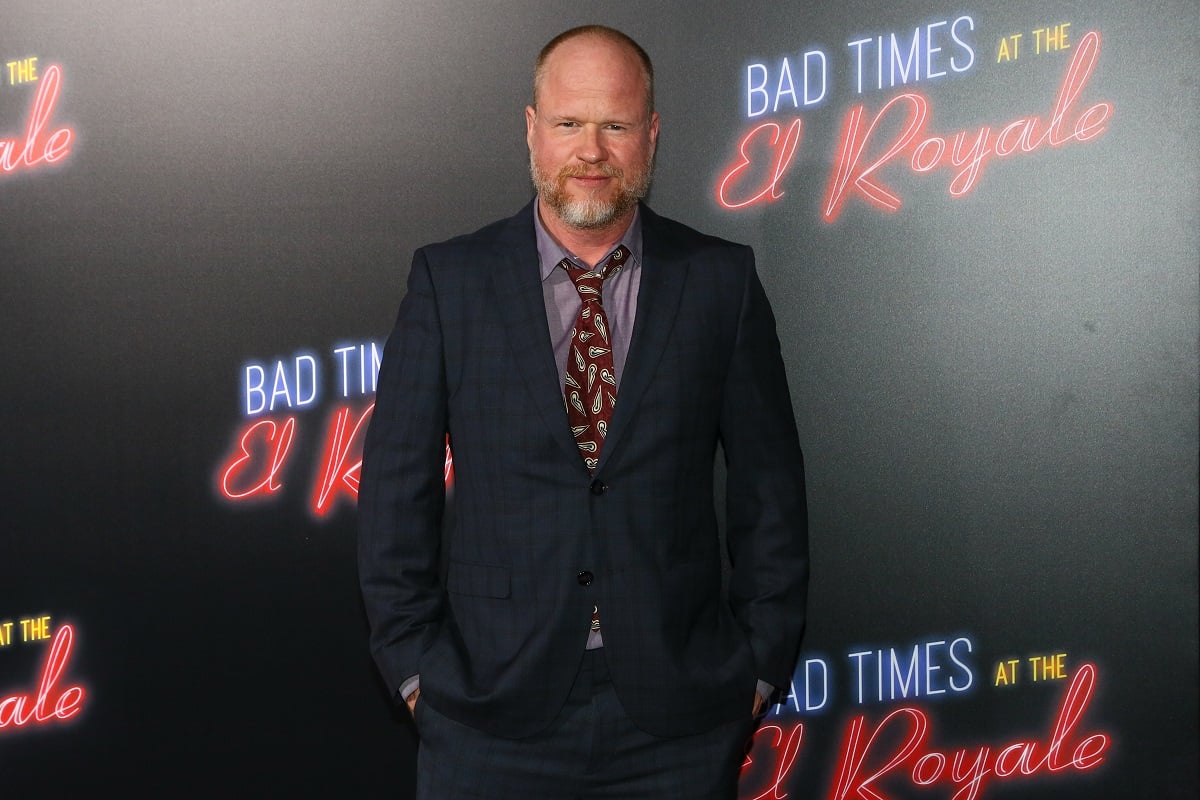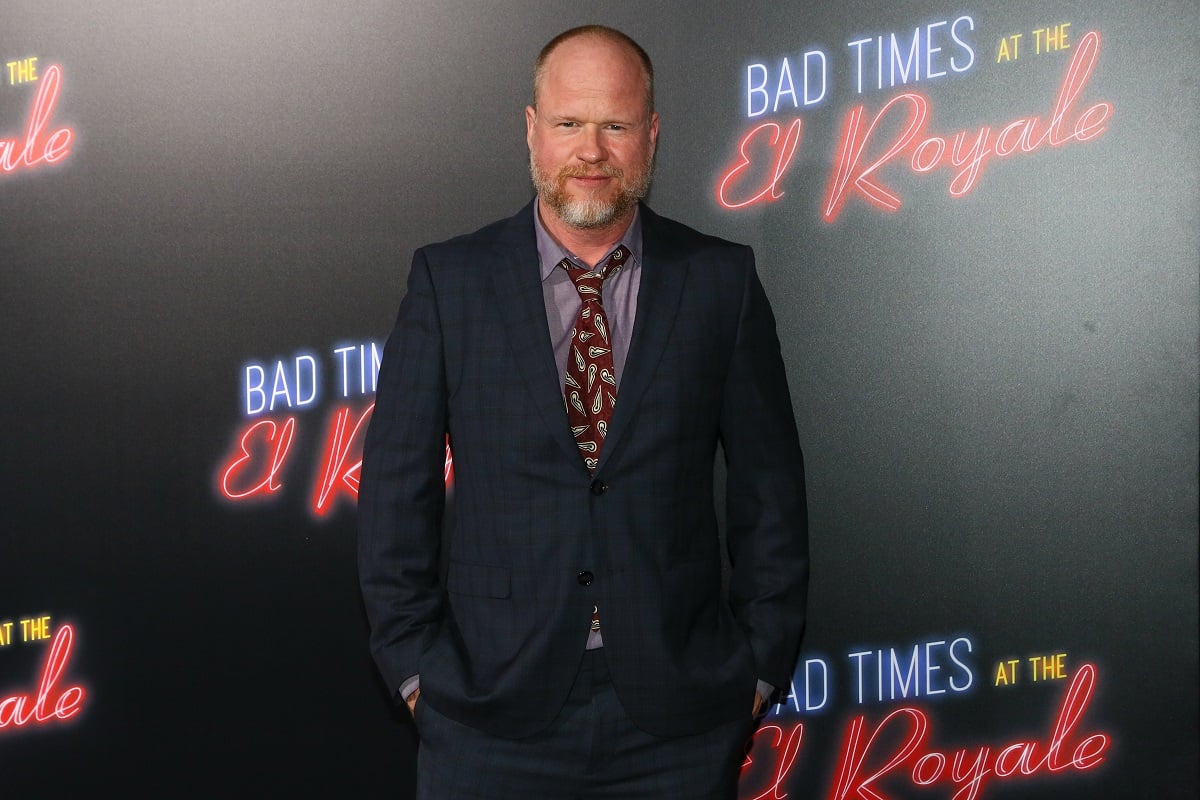
Joss Whedon Once Felt That Marilyn Monroe Was the Worst Thing to Happen to Women in Movies
Marilyn Monroe may have been seen as an icon to many. But disgraced filmmaker Joss Whedon felt her cinema contributions did more harm than good. Particularly when it came to female characters.
How Joss Whedon felt about being known for writing strong female characters

Whedon was once seen as an advocate for equal rights among genders. So much so that some branded The Avengers director as a feminist because of his views. The showrunner confided that his mother played a part in his beliefs about women.
“I was raised by a very strong woman, I didn’t know feminism was actually a thing until I left home and found out the country didn’t run the way my mom’s house did. So I have this goldfish, idiot, forgetful thing in that every time I’m confronted with true misogyny, I’m stunned,” Whedon once said in an interview with Vulture.
Whedon attempted to show this passion for equal rights in his work. His content was heavily praised for imagining strong female characters. But the filmmaker thought that strong women characters in fiction being so remarkable was actually a shame.
“I think the fact that it’s remarked upon is the very problem we’re here to deal with tonight: the fact that it’s remarkable. I think, now, if I started doing the work that I used to do, it would be less remarkable. Things have definitely come forward from when I started,” he once told Forbes about his reputation.
Joss Whedon once felt Marilyn Monroe was the worst thing to happen to women in movies
Whedon took a lot of inspiration from other filmmakers and movies to develop his knack for female characters. Among these inspirations was another director with a similar reputation.
“James Cameron is a guru to me. He made the only truly textured, strong female heroes, not the only ones, but some of the most important, when I was coming up, and I learned a lot from him,” he once said according to Sci-Fi online.
The Buffy creator also mostly looked to past films to help fuel his passion.
“I love the old movies, the really old movies before people decided that women were supposed to be weak. I’m talking about Rosalind Russell and His Girl Friday or Janet Gaynor and Seventh Heaven taking a bullwhip to her older sister, there was a toughness that was just expected of people that disappeared,” he added.
But in looking back at older films, Whedon wasn’t a fan of late actor Marilyn Monroe and the characters she portrayed. To him, Monroe usually took on the exact kind of roles he didn’t enjoy seeing women in.
“The worst thing that ever happened to women in movies is Marilyn Monroe. The weak, helpless, pathetic, annoying woman. And our continued cultural obsession with her depressed me my whole life,” he said. “I like strong women, I was raised by one, I’m married to one, I surround myself with them. They’re interesting, they’re fun , they’re sexy but they aren’t represented enough.”
Joss Whedon’s reputation as a feminist has taken a hit due to allegations made against him
Whedon may have been considered an avid feminist, but some now see him in a different light due to allegations made against him. The likes of Ray Fisher and Gal Gadot have both brought up situations where the Justice League filmmaker verbally attacked them. Apart from that, other co-workers such as Charisma Carpenter have spoken against the writer.
Whedon’s ex-wife, Kai Cole, supported those who denounced Whedon’s alleged actions. She claimed that Whedon cheated on him multiple times and felt the director’s advocacy for feminism was a sham.
“I believed, everyone believed, that he was one of the good guys, committed to fighting for women’s rights, committed to our marriage, and to the women he worked with. But I now see how he used his relationship with me as a shield, both during and after our marriage, so no one would question his relationships with other women or scrutinize his writing as anything other than feminist,” Cole wrote for The Wrap.


